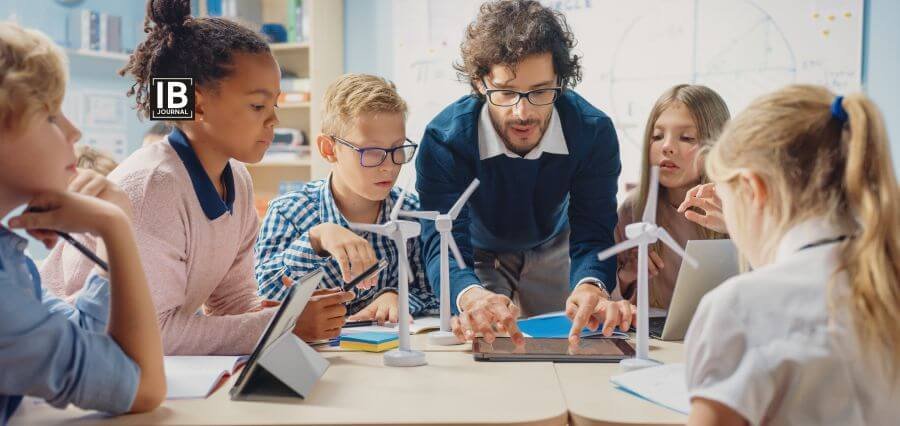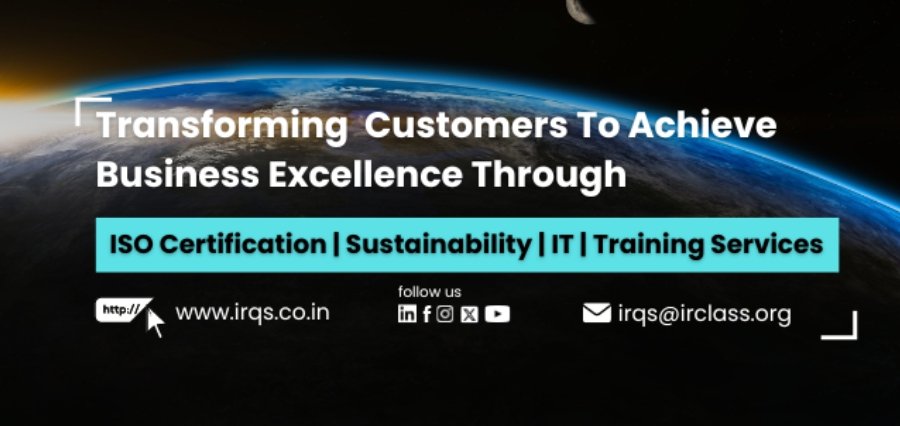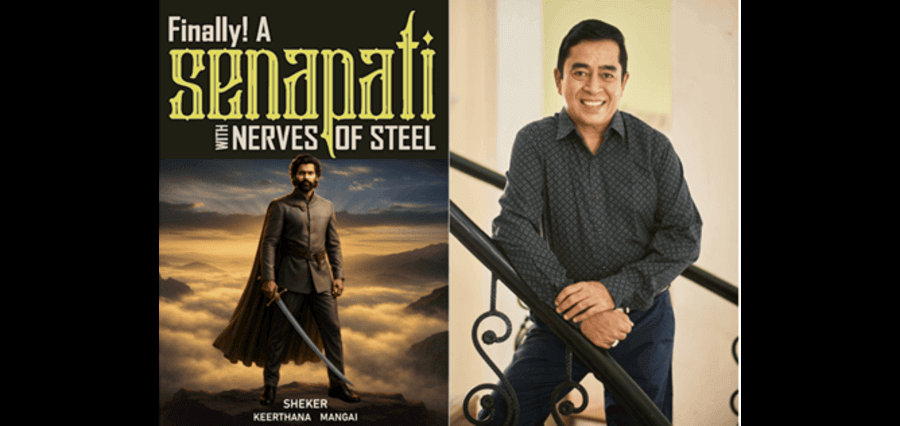In our fast-paced world, learning has no limits other than the school. Lifelong learning is now a significant enabler of individual and career growth, and children need more than their classroom to be guided and encouraged. At the core of this shifting landscape are these influential educators—mentors, teachers, thought leaders, and facilitators—whose roles have radically shifted to address the needs of continuous learning. These individuals not only pass on knowledge, but they also inspire, empower, and instill a mindset geared towards continuous growth and adaptability. These powerful educators play a key role in aligning learners’ disposition towards continuous improvement by igniting curiosity, critical thinking, and resilience. Through one-to-one mentoring, reflective teaching, and targeted learning strategies, teachers enable individuals to master a broad array of challenges both in their own lives and profession.
Developing a Culture of Continuous Improvement
The greatest legacy perhaps of mentoring teachers is their power to create a culture that accepts continuous learning and growth. This starts with establishing a world in which curiosity is rewarded, and failure is a learning opportunity. Teachers who are more process-oriented than product-oriented, and more focused on learning than grade, lay the groundwork for a great mind that will serve far past the student’s graduation from high school. Their impact runs to how the students understand adversity—redressing fear of failure as a failure narrative and not a success story. To some degree, such educators inspire a lifelong learning spirit by rendering the school process ordinary in everyday life. They enable students to connect abstract information to its application in everyday life, thus validating the need for learning perpetually.
By showing students the significance of learning for reasons other than diplomas or exams, these students will be more likely to adopt education as a lifelong process. Great teachers also facilitate reflective practice—urging students to think about their own experiences, spot areas that require improvement, and plan for future learning. Additionally, these sorts of teachers also model lifelong learning themselves, demonstrating through example the need to stay current and be receptive to new thinking. By their ongoing professional development, learning changing trends, or acquiring new qualifications, they prove the worth of being willing to change and curious.
Changing the Pedagogy for Lifelong Learners
In order to facilitate effective lifelong learning support, powerful teachers will be required to adjust their pedagogy as far as integrating the varied needs of students beyond the classroom. This will involve adopting technology, integrating experiential education, and using the practical usages to render the content of learning relevant and stimulating. Web courses, web sites, and interactive software have formed an essential part of supporting ongoing learning, allowing instructors to reach broader audiences and accommodate varying patterns and learning schedules.
Emerging learning paradigms like gamification, flipped classes, microlearning, and tailored learning pathways have been of specific help in engaging adult and self-directed learners. Not only are such methodologies conducive to various learning styles, but they also enable learners to learn at their own pace, a prerequisite in lifelong learning. Effective change-makers in the teaching fraternity are also adaptive in methodology, being continually influenced by feedback, results, and developments in education research.
Creating Supportive Learning Communities
Another critical function of master teacher is in the development and facilitation of healthy learning communities. On closed classrooms, corporate training rooms, or open online forums, these communities provide a forum for cooperation where students exchange experiences, question pedagogical assumptions, and develop together. Teachers committed to interpersonal relationship and emotional intelligence are most accountable for the development of students’ trust and respect for others, the foundation for long-term motivation and engagement.
These groups are especially important in establishing inclusivity and psychological safety, so essential to thriving learning communities. When students feel supported and respected, they are more likely to engage actively, ask questions, and adopt multiple viewpoints. Teachers manage these dynamics through establishing formal opportunities for collaboration, including group assignments, peer review, and discussion teaching. This inclusive model amplifies social learning and maximizes retention and comprehension. Also, these learning communities can extend beyond the initial education to become networks of social and work peers helping continual development. Successful teachers function as door openers, introducing students to worthwhile resources, professional networks, or work-coach mentors.
Conclusion
The importance of the visionary teachers in life-long learning cannot be overemphasized. Since there is ever-increasing demand for life-long education, these individuals are the guides, inspirations, and formers of learning culture that pervades every step of life. By promoting ongoing excellence, flexibility to the novel patterns of teaching, and developing supportive milieus, they render the quest for knowledge vibrant, inclusive, and profoundly fulfilling. Under the circumstances of ongoing change, the long-term impact of dedicated educators is an immense force that helps mold learners not only educated but also inspired to develop endlessly. It is the manner in which they can inspire, adapt, and connect that makes lifelong learning not only possible but possible and life-altering.
Read Also : Profitability Secrets: Unlocking the True Meaning for Sustainable Growth







